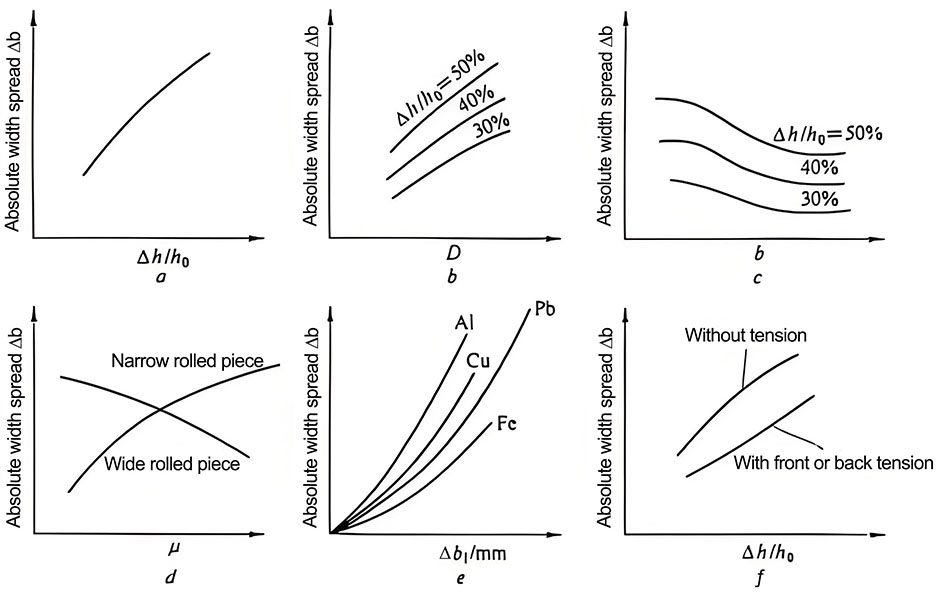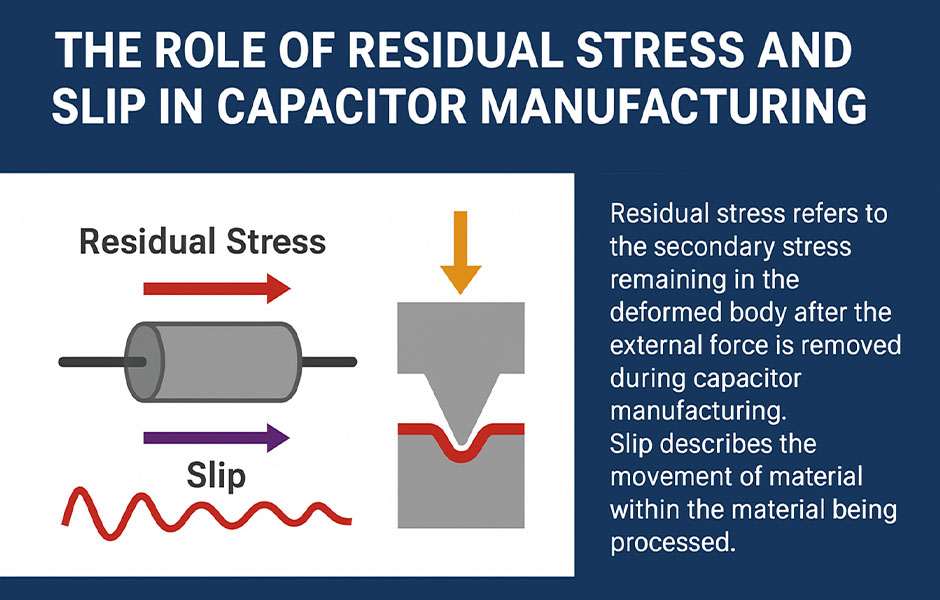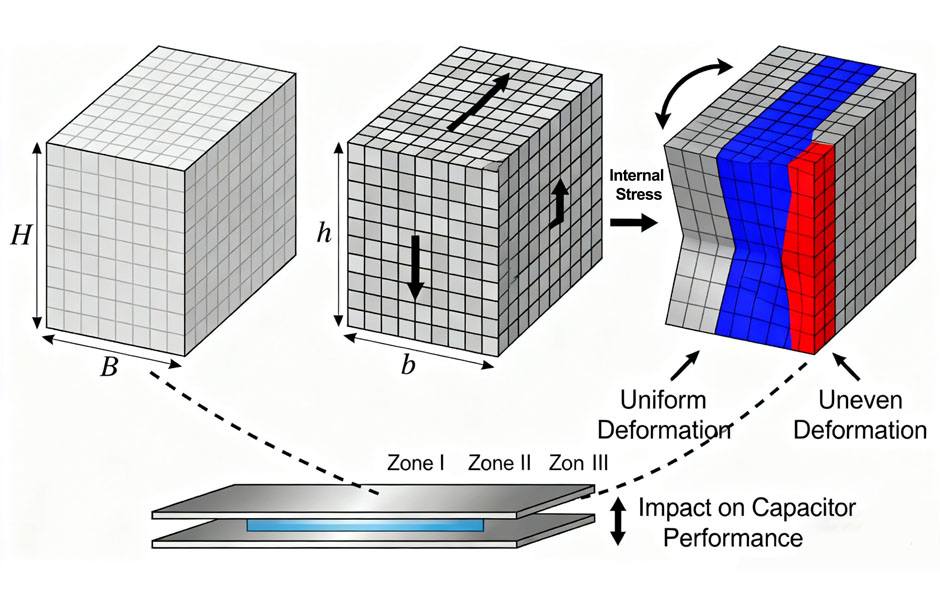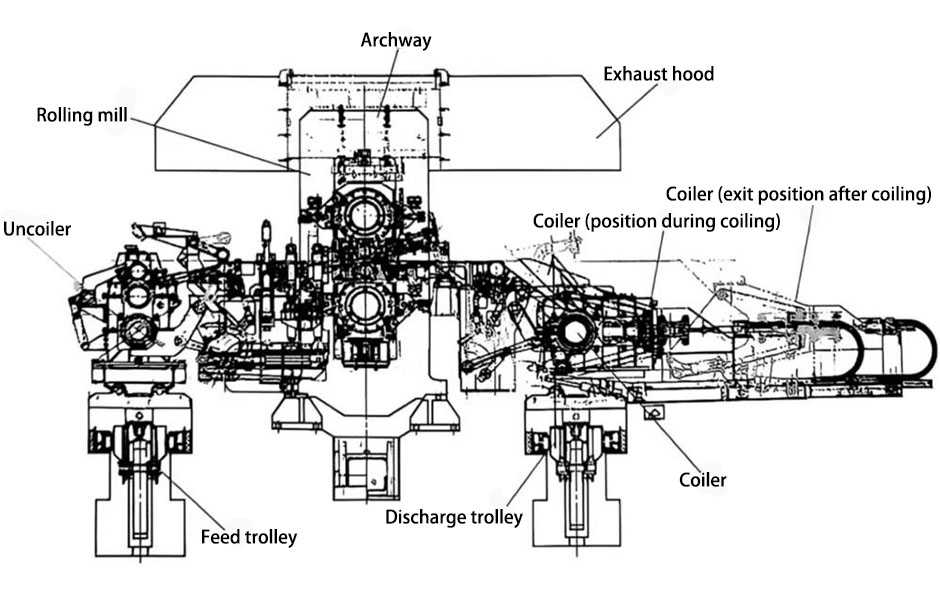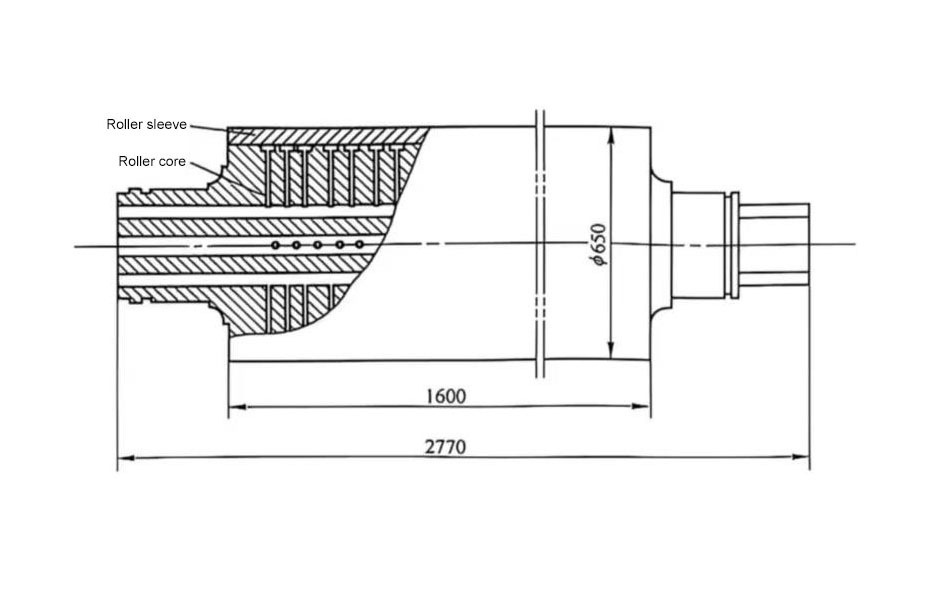If the capacitor explode, its power can not be underestimated. Let me tell you the secret, what causes the capacitor explosion?
1. The positive and negative poles are reversed
For polarized capacitors, the positive and negative poles are reversed like tantalum capacitors. If the positive and negative poles are reversed, the capacitors will be scorched at light weight and the capacitors will explode at heavy weight.
2. The quality of the capacitor is not important
If the quality of the capacitor is not high (poor manufacturing process, etc.), it may cause damage to the internal components of the capacitor, damage to the insulation of the casing, etc., which may cause the capacitor to explode.
3. Poor sealing and oil leakage
Poor sealing of the assembly sleeve causes moisture to enter the interior, which can lead to a decrease in insulation resistance; or a drop in the oil surface due to oil leakage, which leads to a drop, which can cause discharge in the direction of the shell or component breakdown.
 4. Internal free and bulging
4. Internal free and bulging
When corona, breakdown discharge and severe separation are generated inside the capacitor, the capacitor will reduce the initial free voltage of the component below the strength of the working electric field under the action of overvoltage, thus triggering a series of physical, chemical and electrical effects to accelerate the insulation aging , Decompose to produce gas, forming a vicious circle, so that the pressure of the box shell increases, causing the outer wall of the box wall to swell and cause an explosion.
5. Damage of shell insulation
The lead wire on the high voltage side of the capacitor is made of thin steel sheet, if the manufacturing process is not good. There are burrs or severe bends on the edges, and the tip is prone to corona. The corona will cause the oil to decompose, expand the case, and lower the oil surface to cause breakdown. In addition, when sealing, if the welding time at the corner is too long, the internal insulation will be burned and oil and gas will be generated, which will greatly reduce the voltage and damage it.
6. Charged closing causes capacitor explosion
Any capacitor bank of rated voltage is forbidden to be live closed. Each time the capacitor bank is re-closed, the capacitor must be discharged for 3 minutes with the switch off, otherwise the voltage polarity at the moment of closing may be opposite to the polarity of the residual charge on the capacitor and cause an explosion. For this reason, it is generally stipulated that the capacitor bank with a capacity of 160 kvar or more should be equipped with an automatic trip device when there is no voltage, and the switch of the capacitor bank is not allowed to be equipped with automatic reclosing.
7. Excessive temperature causes capacitor explosion
If the temperature of the capacitor is too high, the electrolyte inside it rapidly vaporizes and expands, breaking through the restraint of the shell and exploding. The general causes are as follows: ①The voltage is too high, causing the capacitor to break down, and the current through the capacitor increases rapidly in an instant; ②The ambient temperature is too high and exceeds the allowable working temperature of the capacitor, causing the electrolyte to boil.
Why the capacitor exploded, I believe everyone should be very clear now, and know how to prevent it.
